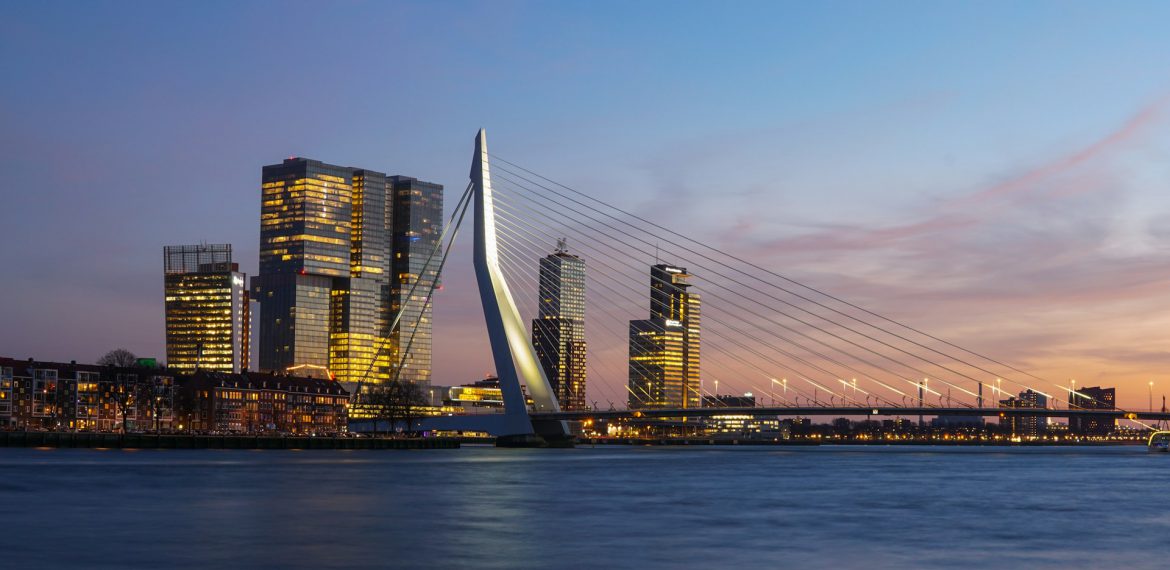
The City of Rotterdam Delivered 100 Apps Over 4 Years
The City of Rotterdam Delivered 100 Apps Over 4 Years
The City of Rotterdam has made significant strides in digital transformation by implementing over 100 applications in less than four years, thanks to the adoption of low-code platforms like Mendix since 2018. This initiative has substantially improved the lives of its 660,000 residents by addressing various public service demands efficiently.
Challenges such as evolving public expectations for digital services, stringent data privacy requirements, and a disconnect between business stakeholders and IT departments characterized the pre-2018 scenario in Rotterdam. These factors contributed to prolonged development timelines and an accumulation of IT backlogs.
To combat these issues, Rotterdam’s Chief Information Officer, Mark Vermeer, highlights the city’s complex IT infrastructure, which supports numerous city functions through about 800 systems and manages a continuously shifting project portfolio of around 100 IT projects.
“We had a software development department with Java and .NET developers, but they were very reluctant to start new things. Whenever a department asked ‘can you make this for us,’ it was always, ‘yes, in a year’s time we’ll have room for you, and it will cost you €300,000.’ They discouraged taking on new applications,” says Application Development Advisor for the City, Erik van der Steen.
Under the guidance of Mendix Advisor Erik van der Steen, Rotterdam embraced an agile, low-code development approach starting in 2018. This shift was pivotal in addressing the city’s backlog of digital initiatives by enabling quicker development and delivery of applications across city departments.
Low-code Approach Accelerates Develoment Times
The city’s Information Management (IM) team adopted agile methodologies and prioritized projects that would deliver high value. Early projects included applications for managing incoming subsidies and enhancing security and functionality in existing systems. This approach not only accelerated development times but also demonstrated the potential of low-code solutions to streamline complex processes and improve service delivery.
The city’s digital execution strategy focuses on leveraging Mendix’s low-code platform to create a sustainable development ecosystem. This involves a careful selection of projects, identifying the right personnel, and fostering a culture that supports rapid digital innovation without the fear of failure.
Moreover, Rotterdam has developed a library of reusable modules and templates to speed up new projects. By focusing on creating shared solutions that meet the needs of multiple departments, the city has increased efficiency and reduced the need to start each project from scratch.
This approach has also empowered non-technical staff within the city’s administration to participate actively in application development, thereby enhancing internal capabilities and reducing dependency on external agencies.
The success of Rotterdam’s digital transformation is evident in its ability to swiftly respond to emergent needs, such as during the COVID-19 pandemic, where the city developed applications to facilitate remote services and support citizens affected by the crisis.
Looking forward, Rotterdam aims to maintain transparency with citizens and other municipalities, sharing data and digital strategies to foster collaborative and informed community engagement. This strategy underscores the city’s commitment to continuous improvement and innovation in public service delivery through digital means.
(Photo by Dennis Möller on Unsplash)